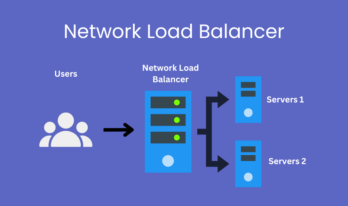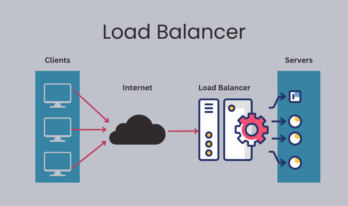Google Home v/s Amazon Echo
The smart speaker is a relatively new tech product category in the boom. Even so, this industry is dominated by the two leading products in the market: Google Home v/s Amazon Echo. With a couple of years head-start, Echo has a more significant market share with better functionalities.
But, Google is catching up fast with its unchallenged content and well-equipped platform. They are almost the same thing: a compact speaker with built-in Artificial Intelligent virtual assistants. Amazon Echo runs on the Alexa Platform, while Google Home runs on Google Assistant.
According to our research, Home is more likely to answer the randomly fired questions at it than Echo correctly, while Echo is a better option for retail search. Echo has a lower price, more customer base with Amazon Prime Subscribers while Home has an advantage with its accuracy.
Price of Google Home v/s Amazon Echo
Earlier both Echo and Home used to cost the same. But now Amazon Echo is available for $84 and Google Home costs around $130.
Both have options for those with lesser budgets, with Google Home Mini & Amazon Echo Dot with similar functionalities but with smaller speakers (inferior sound quality).
Home Mini costs around $50, while Echo Dot costs around $30.
Sound quality
Home with its 2in driver and a twin 2in passive radiator is understandably powerful and has an excellent audio quality, and it is better as a kitchen radio.
The New Echo with 2.5in speaker has inferior audio quality. It lacks bass and doesn't sound as crisp. But it is better for listening to podcasts and news briefings than streaming audio.
Design of Google Home v/s Amazon Echo
Amazon Echo has done an outstanding job in designing with the latest version of the Echo. It offers the ability to customize the design too. The new design is more attractive and compact. It comes with AUX port to establish the connection between Echo and external speakers.
Google Home blends in with its sleek design and attractive aesthetics. It also comes with two bases: fabric and metal. Metal bases are available in copper, snow, and carbon while fabric bases are marine, violet, and mango. It can connect to external speakers through Bluetooth.
Amazon Echo is designed to pick up the sound even in a noisy environment, unlike the Google Home.
Overview on Google Home v/s Amazon Echo
Amazon Echo
What’s Good:
The new Amazon Echo is a better looking, available with a variety of designs, with equally good functions, and comes with AUX port to connect to external speakers.
What’s Bad:
Even with its ability to listen in a noisy environment, it still doesn't sound like high-end premium speakers. It is also less accurate than Google Home if random questions are fired at it at once.
The Crux:
With Alexa, Amazon Echo is an improved, smart and cost-friendly option.
Google Home
What’s Good:
The Google Home with its ability to correctly answer any random questions thrown at it is an accurate, smart device. It allows you to make calls, connect to your Google accounts, and help out with daily chores.
What’s Bad:
Google Home still can't perform tasks like taking notes. These can't work optimally with noisy atmosphere, and in comparison, they are still high-priced. Though it has tried to catch up with Echo, it still has to go some distance.
The Crux:
A great, smart speaker with many good abilities and a more accurate system but still there's much scope for improvement and needs more time to be on par with its rival Echo.
My Recommendation:
Though Google Home is catching up with Amazon Echo, it still has some distance to catch up. My recommendation would be to go for Amazon Echo for the time being.
You may also like to Read:
What is the Google Speed Update? How will affect Page ranking?




